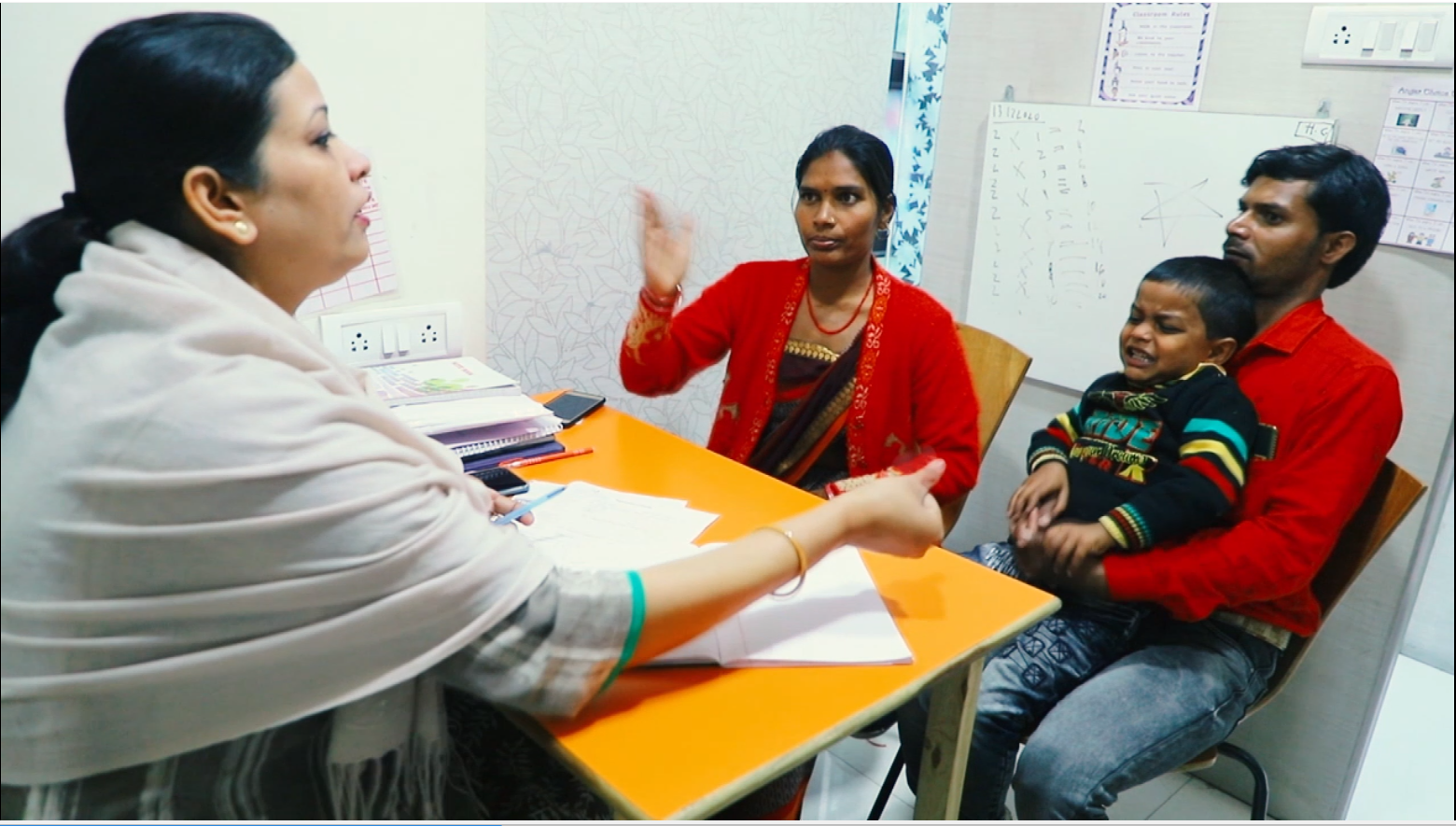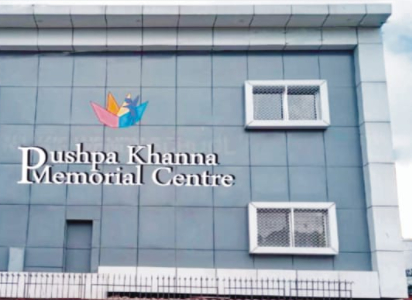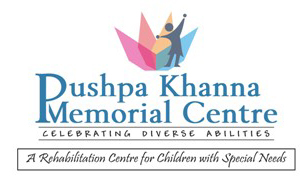For :
Psychological assessment of children is used to help school, educators, therapist and families have a better understanding of behavior and cognition, learning styles and social-emotional patterns of functioning as they relate to overall development.

Purpose:
The purpose is to understand not only a child’s overall level of functioning, but also a meaningful pattern of strengths and weaknesses of child’s skills that may help with plans for interventions, and that particular information and perspective may assist in planning for the child’s medical, social and educational needs. It enables the child and parents to feel directly concerned and taken seriously, to understand the outcome of the procedure, to reflect on personal difficulties and assets, to find hope in future development.
Techniques :Psychological assessment is always individualized; based on the needs of the child, address the concerns that led to the referral. A psychological assessment includes:
Intelligence: These tests look for developmental delays, intellectual gifts and/ or disabilities, language, and communication skills, nonverbal reasoning skills, and speed at absorbing and processing new information.
Achievement: By conducting assessments of reading, mathematics, and writing, psychological and educational tests can identify academic strengths and pinpoint learning disabilities. For children with special needs, the psychological assessment can help develop a special education Individualized educational plan (IEP) for the overall development of the child.
Memory and attention: Neuropsychological testing is often used to identify ADHD. This set of tests can also measure memory skills, reasoning abilities, and executive functioning, like organizational skills, and work in a specific plan or timetable.
Behavioral, emotional, and social development: The assessment provides direction for behavioral management strategies to be used at home or school.
Assessment:
1. Wechsler Intelligence Scale for Children-fourth edition (WISC – IV)
2. Vineland Adaptive Behaviour Scale-II ( VABS – II)
3. Woodcock Johnson Test of Achievement
4. Comprehensive Test of Phonological Processing (CTOPP)
5. Beery VMI Manual
6. Seguin Form Board Test (SFBT)
7. Binet Kamat Intelligence Test (BKT)
8. The Childhood Autism Rating Scale (CARS)
9. CONNERS 3- Parents, Teachers & Self Report Short
10. Indian Scale for Assessment of Autism
11. Vineland Social Maturity Scale (VSMS)
12. The Carolina Curriculum Assessment Sheet for Toddlers, Infants & Pre School
13. Language Assessment Tool
15. Reading Comprehension Informal Assessment
16. ComDeall Assessment Log
How will benefit a child :
1. To address the unique needs of the child that result from the child's disability.
2. Identifying what strategies, tools, and resources will maximize their learning.
3. Determining the most effective academic environment and study strategies for their individual learning style

3A/161, Azad Nagar
(Near Tilak Chauraha), Kanpur
Mob. : 7311133337
E-mail : pkmcdisha@gmail.com


